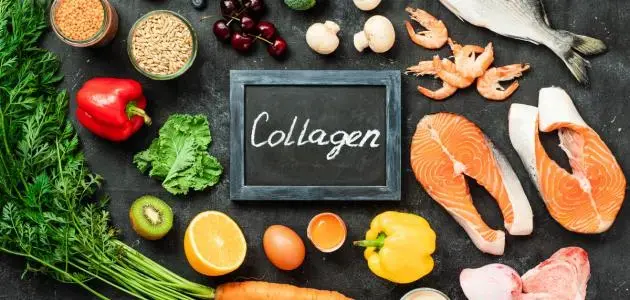Collagen is one of the important proteins in the human body, and it’s something you need to get daily to avoid various health issues. Many health problems are linked to low collagen levels. Your body naturally produces collagen, but if you don’t have enough, you can get it from collagen-rich foods or supplements. Let’s check out some of the key benefits of collagen, especially for your bones.
How Collagen Helps Your Bones
Collagen boosts bone health and helps protect against osteoporosis, thinning, and fractures. It also helps prevent overall bone weakness. No matter your gender, collagen is essential, so it’s important to eat enough collagen-rich foods to keep your bones strong.
Other Benefits of Collagen
- Weight management: Many people take collagen supplements when they’re dieting or working out to help shed excess fat.
- Better dental health: Collagen supports your teeth and gums, helping prevent gum inflammation and cavities.
- Stronger nails: It protects nails from breaking or getting weak and helps them grow stronger.
- Smoother skin: Since skin is mostly collagen, it keeps your skin healthy, prevents wrinkles and fine lines, and shields you from UV damage. Getting enough collagen daily helps keep your skin looking young and fresh.
- Healthier hair: Collagen helps your hair grow longer, prevents breakage and split ends, reduces hair loss, and keeps your hair shiny and full.
- Faster wound healing: Collagen helps repair dead or damaged skin cells, keeps your skin moisturized, and fights off bacteria that cause infections. Applying collagen supplements directly to wounds can speed up healing.
Foods That Are Great Sources of Collagen
- Fish, especially tuna and salmon—their skin is packed with collagen.
- Red veggies like bell peppers, tomatoes, and beets.
- Dark green veggies such as spinach and kale, which also have vitamin C that helps your body produce collagen.
- Orange veggies like carrots and sweet potatoes—they contain vitamin A, which helps renew damaged collagen.
- All kinds of berries.
- Green tea, which has proteins that support collagen production.
Leave a comment
Your email address will not be published. Required fields are marked *




